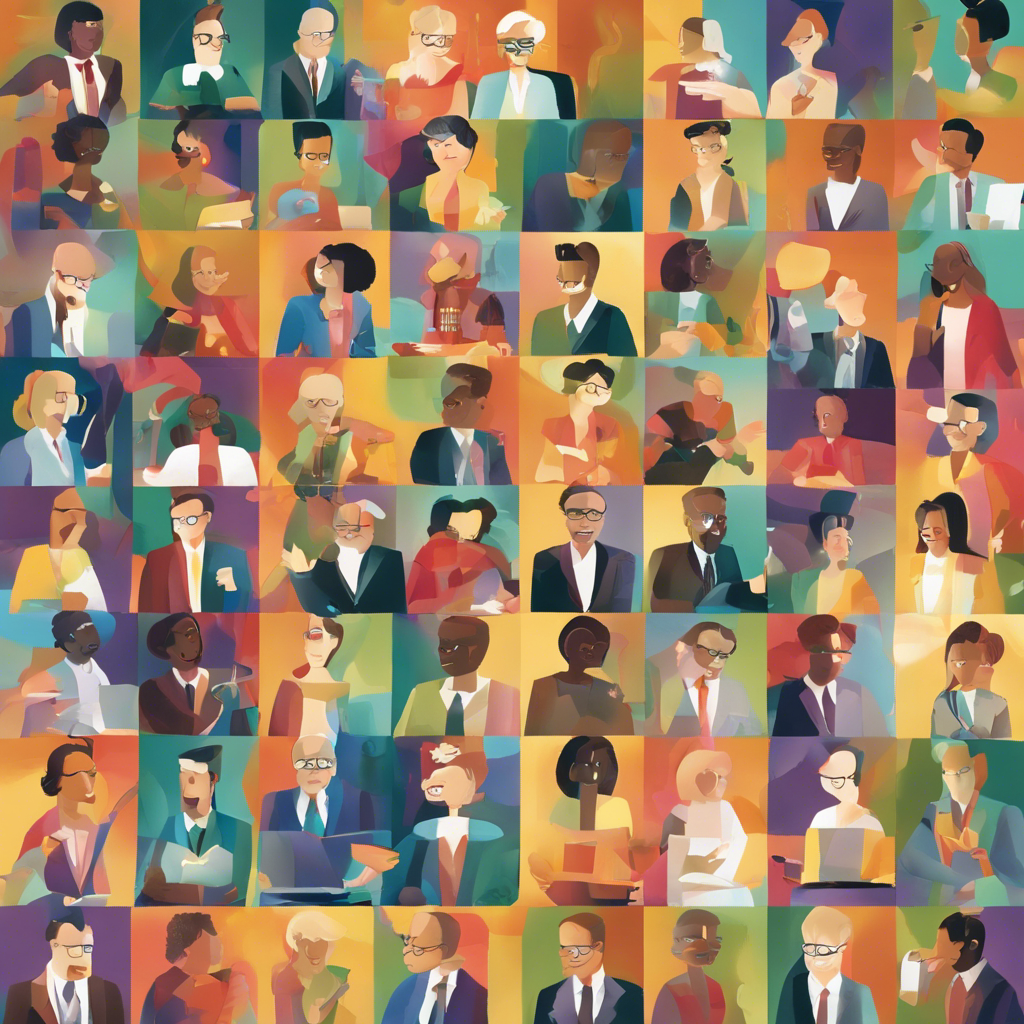The Case for Limiting Wealth: A Call for Fairness and Equality

As the wealth gap continues to widen, experts argue for a maximum limit on wealth accumulation to address inequality and promote a more equitable society.
In a world where the rich keep getting richer while the majority struggle to make ends meet, the question of wealth inequality has become increasingly pressing. As the global elite gather at the annual World Economic Forum in Davos to discuss their fortunes, a new report by Oxfam highlights the alarming disparity between the ultra-wealthy and the rest of the world’s population. Against this backdrop, experts are calling for a reevaluation of our current economic system, advocating for a maximum limit on wealth accumulation. Ingrid Robeyns, a professor of philosophy and economics, argues that such limits are not only ethically justifiable but also necessary for a fair and sustainable society.
The Growing Wealth Gap and Its Consequences
The Oxfam report, titled “Inequality Inc,” reveals that while the majority of people struggle to maintain their standard of living, billionaires continue to amass staggering amounts of wealth. Since 2020, the report states that “60% of humanity has grown poorer, [while] billionaires are now $3.3tn or 34% richer than they were at the beginning of this decade of crisis.” The wealth of the world’s five richest men has more than doubled during this period, adding $464bn to their fortunes. This growing wealth gap has far-reaching consequences for society, including social inequality, political instability, and environmental degradation.
The Urgency of Limiting Wealth
Ingrid Robeyns argues that the urgency to address wealth inequality is long overdue. She proposes two numbers as limits on wealth accumulation: €10 million for a country with a socioeconomic profile similar to the Netherlands and €1 million for individuals living in societies with solid pension systems. These limits, Robeyns suggests, not only create a fairer society but also promote individual happiness. By setting these thresholds, she hopes to spark a movement called “Limitarianism” that challenges the prevailing ideology of unlimited wealth accumulation.
The Ethics and Rationality of Wealth Limits
Critics of Robeyns’s ideas often label her as naive or a communist. However, she argues that placing a limit on wealth is not only ethical but also rational. Drawing on the work of economists like Thomas Piketty and philosophers of democracy like Plato, Robeyns contends that excessive private wealth undermines social cohesion, democracy, and the environment. She emphasizes the need for a radical reform of taxation, focusing on wealth rather than income, and a reevaluation of inheritance as a collective rather than a familial benefit.
Overcoming Opposition and Shifting Perspectives
The resistance to discussing limits on wealth stems from the beneficiaries of the current system framing such policies as non-ideological. Robeyns highlights the importance of citizen understanding and engagement in shaping economic systems. She believes that if people realize the range of economic options available, a proper debate can begin. Robeyns also points to the potential role of millionaires and billionaires themselves in driving this conversation. Some wealthy individuals have already recognized the negative effects of extreme wealth and have started giving back to society. A growing number of millionaires and billionaires have signed a letter calling for a wealth tax, recognizing the need to address extreme wealth concentration for the sake of our common democratic future.
Conclusion:
As the wealth gap continues to widen, the call for limiting wealth accumulation gains momentum. Ingrid Robeyns and other experts argue that setting maximum limits on wealth is not only ethically justifiable but also essential for a fair and sustainable society. By challenging the prevailing ideology of unlimited wealth accumulation, we can pave the way for a more equitable future. It is up to citizens, policymakers, and the wealthy themselves to engage in this conversation and work towards a more just and balanced society.

